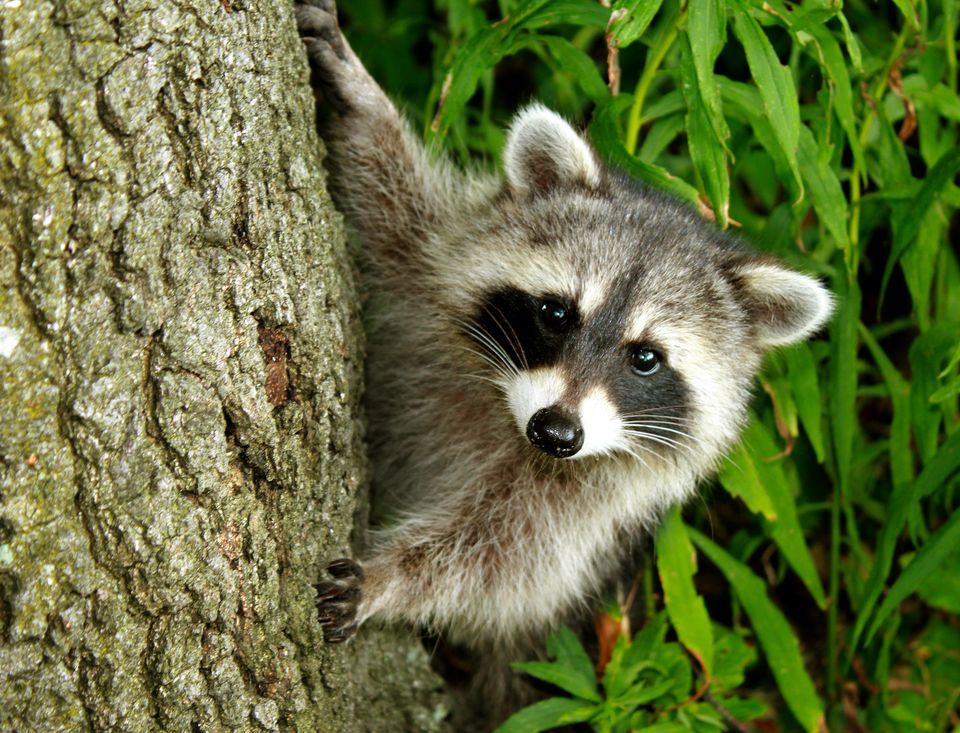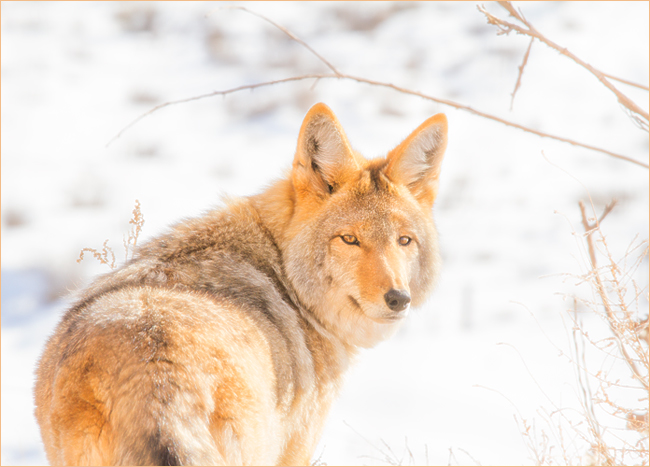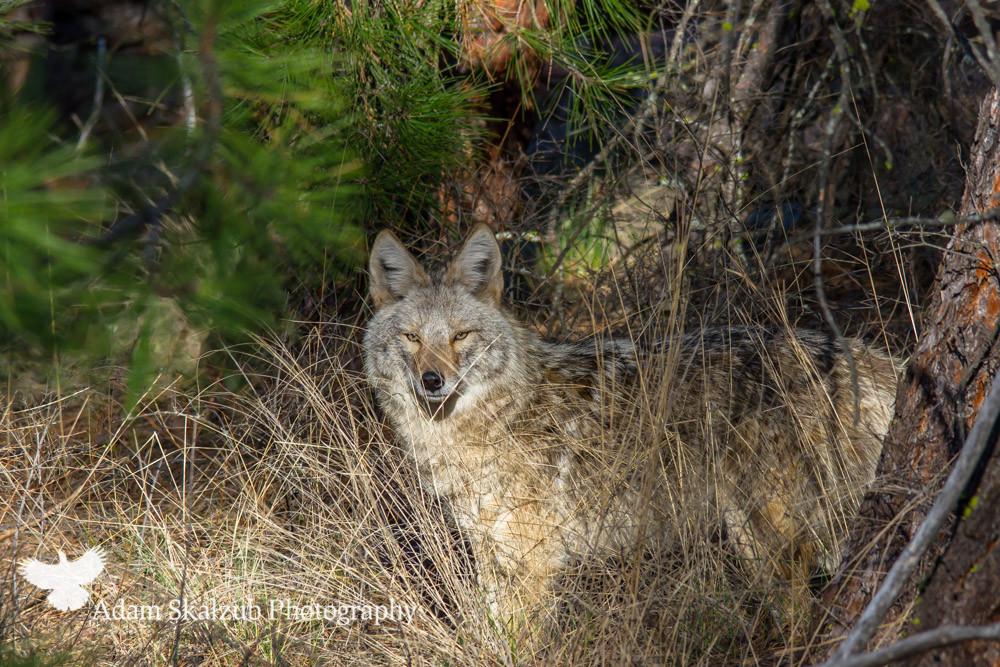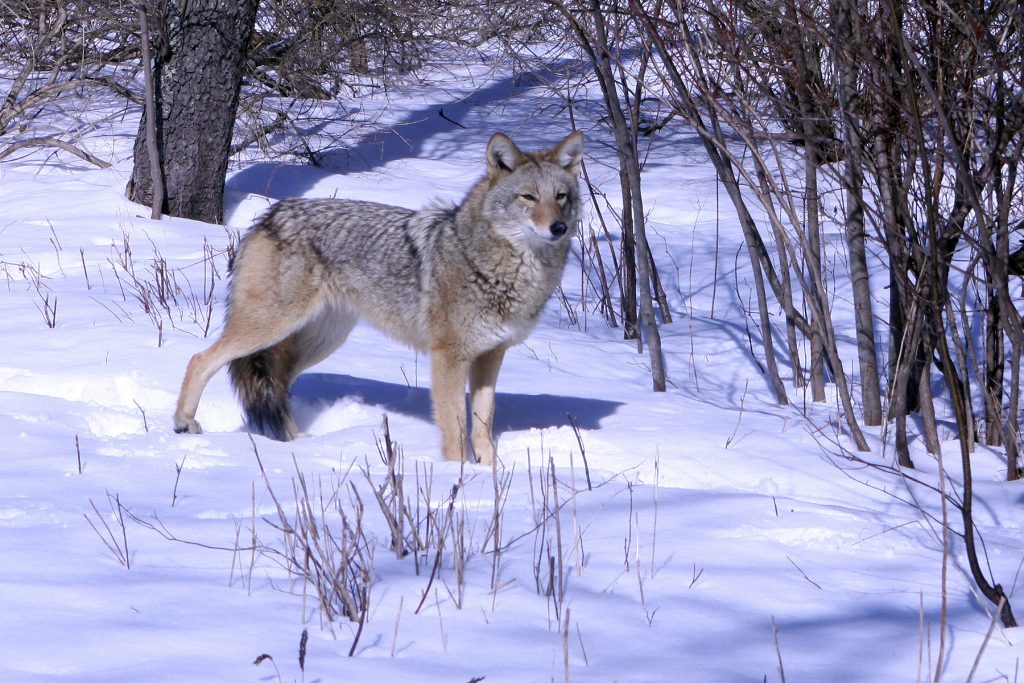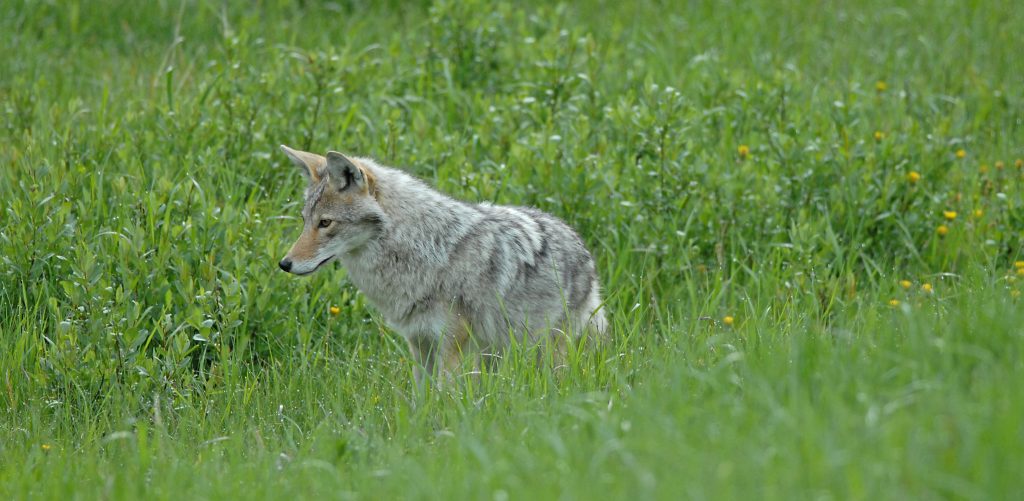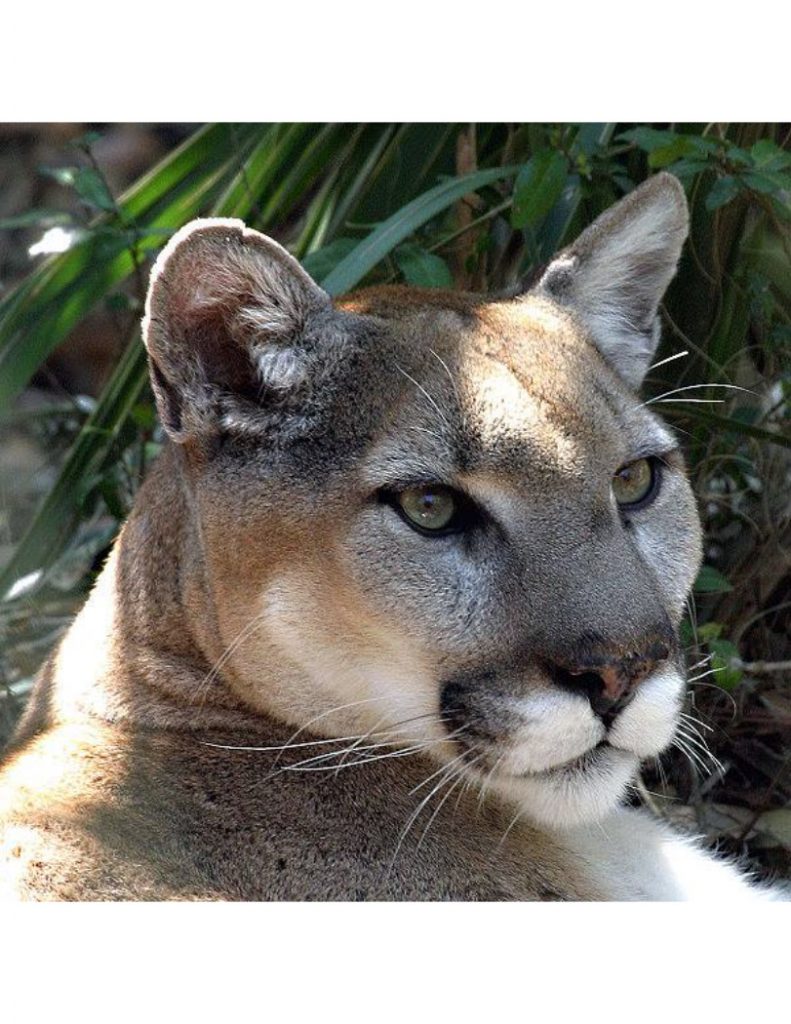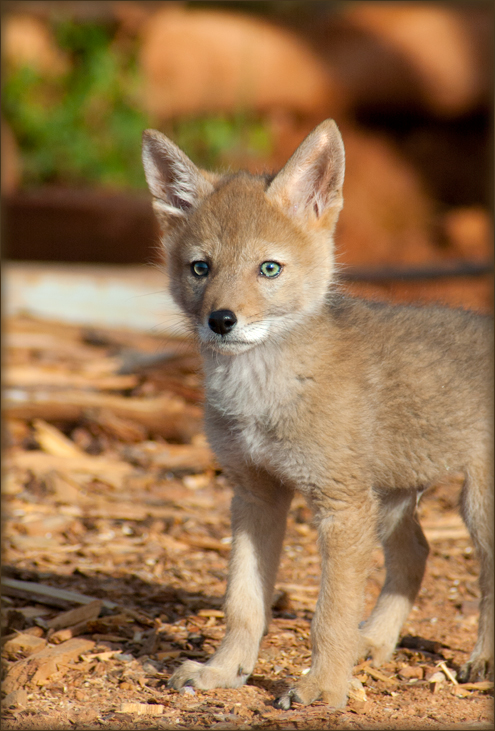Note: the electric fencing and Guardian dog photo by Billy Foster
As a wildlife biologist, my work focuses on our recovering carnivores and our relationships with them. Supporting our farmers is important to me because they not only feed us, but here in Maine there is such an effort to farm sustainably. I make regular trips to our weekly Farmers Market, but also give presentations collaboratively with several of our leading farmers.
On one particular Saturday at the Farmers Market, one of our farmers requested that I might help another new one who had just come to Maine after retiring. So I thought I would stop by and chat with him to offer any support he might wish. What I found out from him was this: he raises very vulnerable lambs in a rural area, allows them to be born out in the field, and he has NO electric fencing and NO guardian animals.
So basically he uses no animal husbandry practices to protect them, in fact he informed me that he refuses to do so. Instead he kills any coyotes that he sees. As we all know through so much research on this subject, there will be no end to his losses because of his behavior.
He sees the Coyote as the enemy, instead of viewing them as intelligent beings who he can come to understand, and with whom he can share the land. However, a door needs to be open for new learning to take place.
Then I walked over to another farmer and we had a short chat. He was a young farmer who told me that he loved hearing the Coyotes howl, and in his words: “I want to learn more about them.” Such a simple statement, yet it is very powerful. The desire to understand our fellow beings is the first step to living very successfully with them.
AND SO THE CONTRAST~ Experiences like these have made me more and more aware that we are living in an amazing time of transition. So we are seeing those who refuse to make use of successful animal husbandry practices, who see Coyote as the enemy, and continue to see killing as the answer. YET we are also seeing more and more young farmers embracing what works AND at the same time not seeing Coyote as the enemy but as a fellow being of our planet Earth. THEY GET IT! This is the farming of the future happening today.
It is the CONTRAST that lets us know how much further we have to travel on the road to the farming of the future.
Geri Vistein, Carnivore Conservation Biologist
www.CoyoteLivesinMaine.org
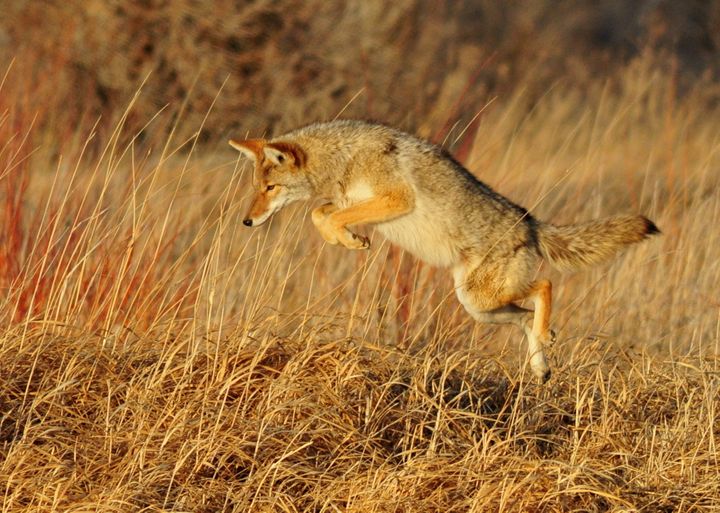


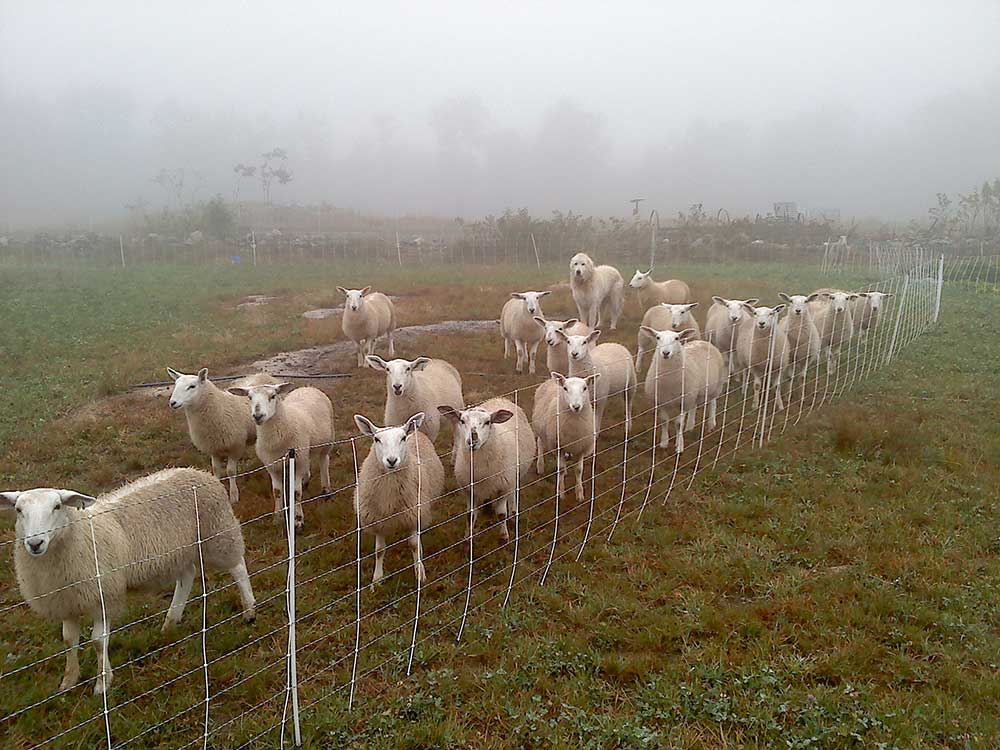
 Photo by Tim Springer
Photo by Tim Springer